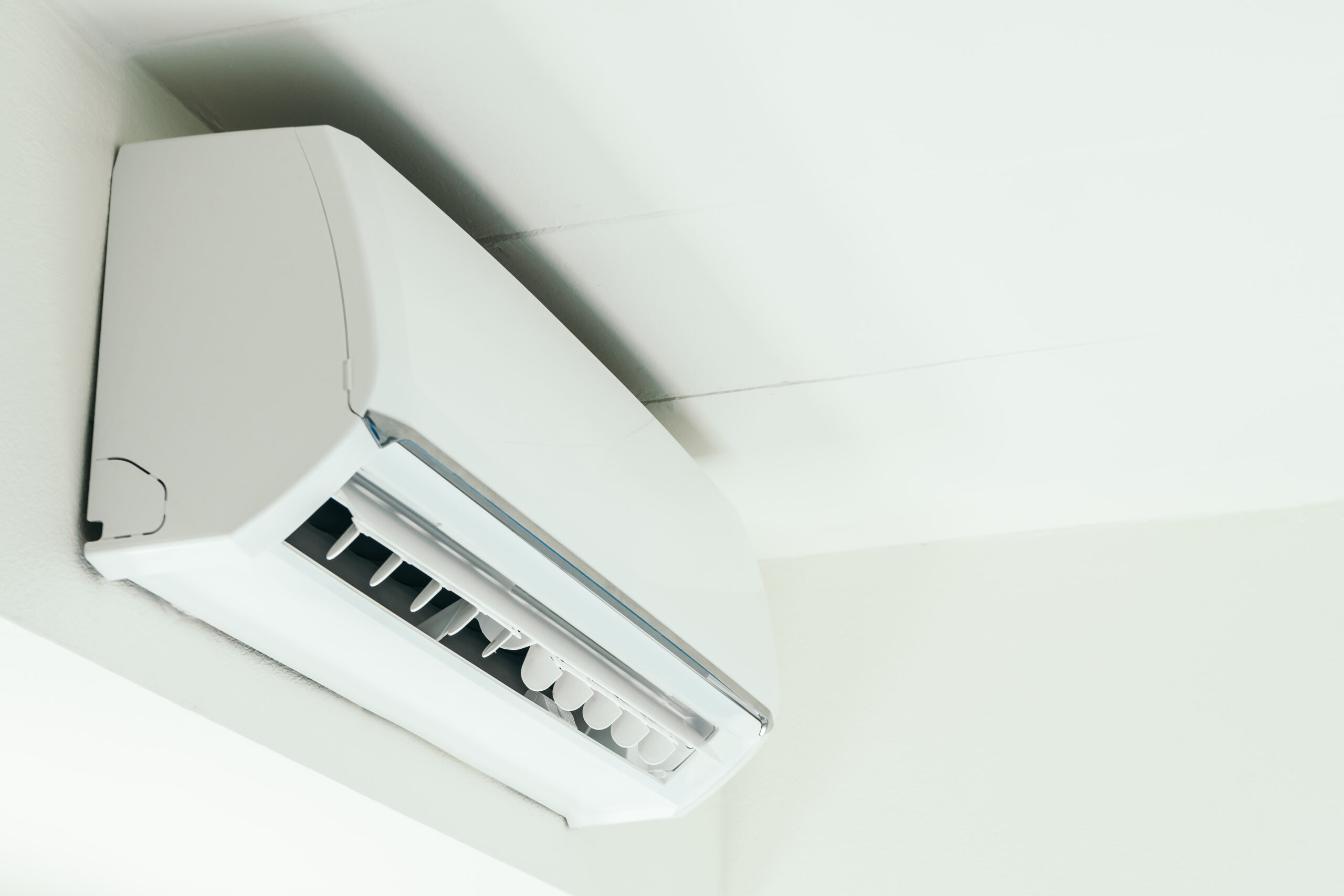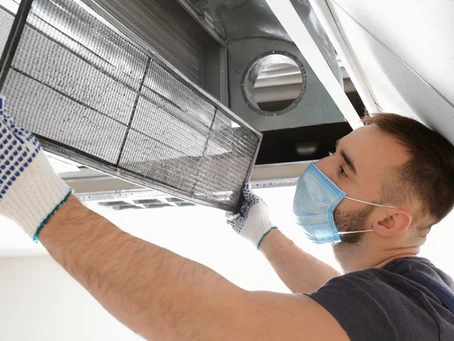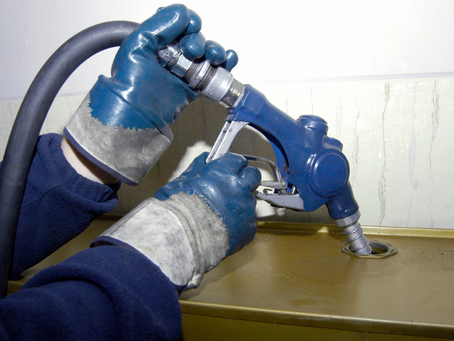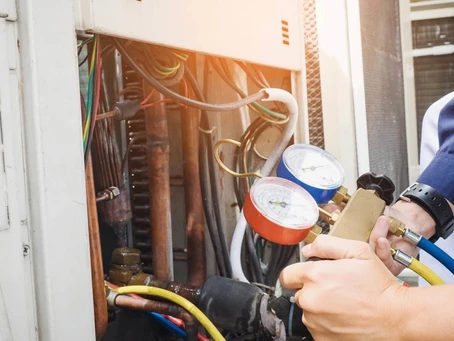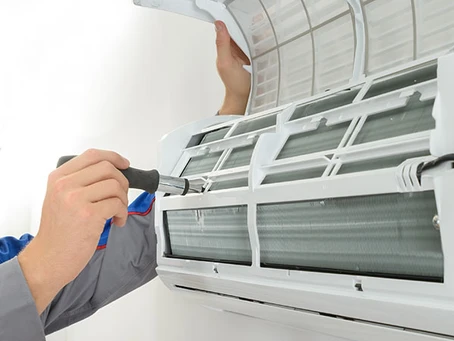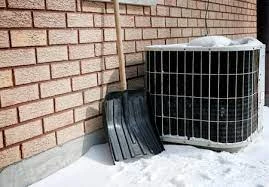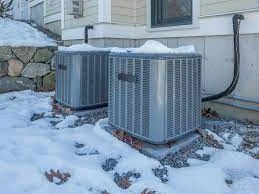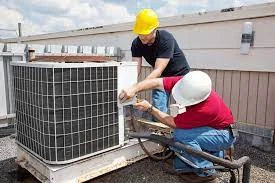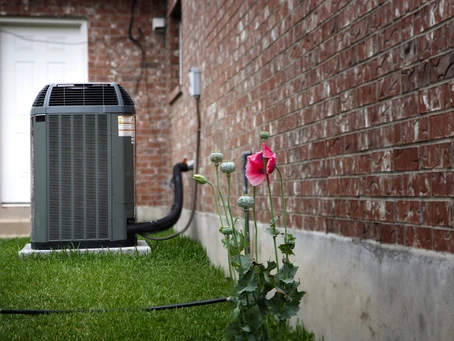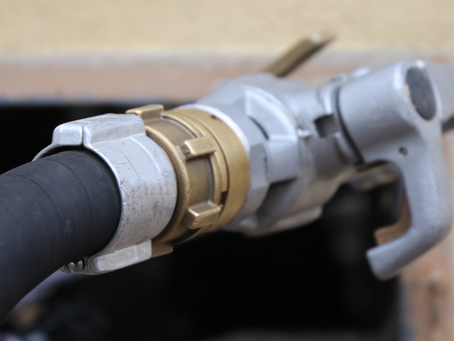If your heat stops working on a freezing night or your AC fails during a heatwave, you have an emergency HVAC situation. In Phoenixville, where temperatures can be extreme, a broken system can make your home uncomfortable or even unsafe.
So, knowing how to handle Phoenixville heating and cooling emergencies can save you time and stress.
Common HVAC Emergencies in Phoenixville and How to Fix Them
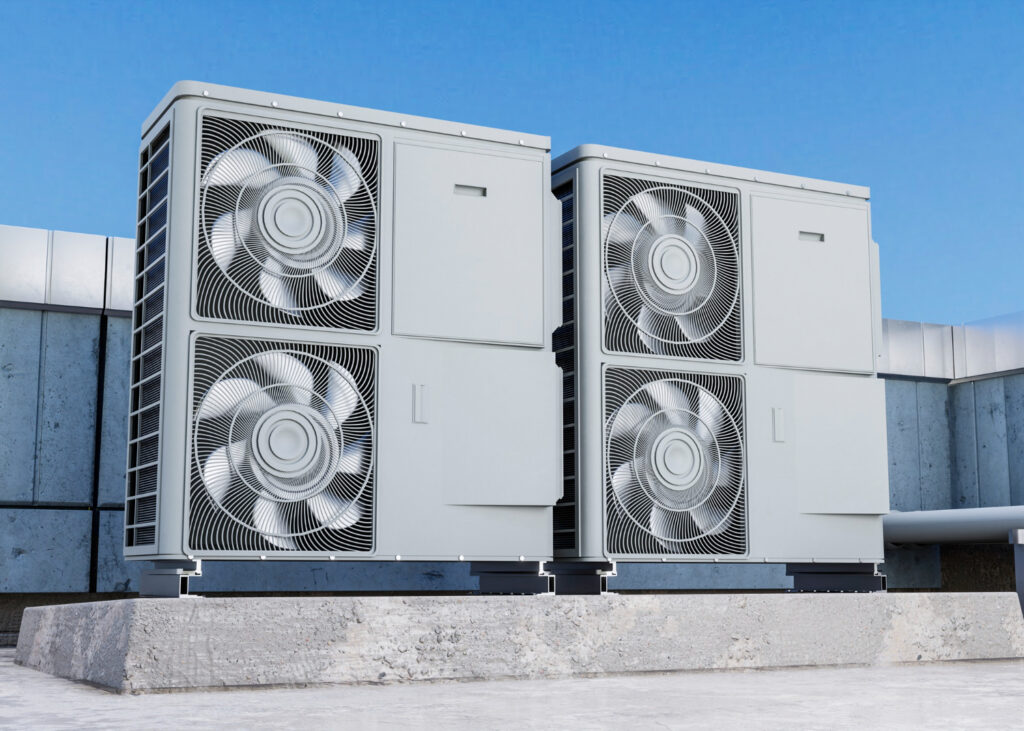
HVAC problems can happen unexpectedly, and some issues are more urgent than others. While a simple fix like adjusting the thermostat or replacing an air filter might solve the problem, other breakdowns require professional repairs.
Here are some of the most common emergency HVAC issues homeowners in Phoenixville face and what can be done about them.
No Heat or AC
If your system is not turning on or is blowing air that does not match the temperature setting, check a few things before calling for service.
Start with the thermostat. Make sure it is set to the right mode and temperature. If it runs on batteries, try replacing them. Sometimes, thermostats lose connection with the HVAC system, so resetting it by turning it off for a minute can help.
You can also check the circuit breaker. If it has tripped, reset it once. If it trips again, do not force it. This could mean an electrical issue that needs a professional.
Look at the air filter. A clogged filter can block airflow and cause the system to shut down. If it looks dirty, replace it and see if the system starts working.
Check the vents and registers. If furniture, rugs, or curtains block them, airflow will be restricted. So, make sure they are fully open.
If the system still will not turn on or is blowing cold air, it is time to call a technician. Some issues, like a failed capacitor or a broken blower motor, require professional repairs.
Burning Smells or Gas Leaks from Your HVAC System
A burning smell coming from your HVAC system could mean electrical problems, such as overheating wires or a failing motor. If this happens, turn off the system immediately and call a professional.
A gas smell is more serious. If you smell gas, leave the house immediately and call 911. Do not turn on lights, use appliances, or ignite any flames, as a spark could cause an explosion. HVAC professionals can inspect the system for leaks and ensure everything is safe before turning it back on.
Loud Noises Coming from Your HVAC System
Most HVAC systems make some noise when they turn on and off, but loud banging, grinding, or screeching sounds mean something is wrong.
Banging could mean a broken part inside the system, such as a loose fan blade or a disconnected duct. Grinding often means that motor bearings are wearing out. Screeching could be a worn-out belt or an issue with the blower fan.
If you hear rattling, something may be loose inside the system. Turn off the unit and check for any obvious debris. If the noise continues, call a technician to prevent further damage.
Water Leaks or Ice on Your AC Unit
Water leaks around your HVAC unit usually mean a clogged drain line. Over time, dirt and debris can block the line, causing water to back up and spill onto the floor. Using a wet-dry vacuum or a small brush to clear the blockage may help, but if the leak continues, a professional may need to flush the system.
On the other hand, ice on the air conditioner’s coils can mean low refrigerant levels or restricted airflow. If you see ice forming, turn off the system and let it thaw. Check the air filter and replace it if it is dirty. If ice keeps forming, there may be a refrigerant leak, which requires professional attention.
HVAC System Keeps Tripping the Breaker
If your HVAC system keeps tripping the breaker, there may be a wiring problem, an overloaded circuit, or a failing component. A weak compressor, shorted motor, or faulty capacitor can cause the system to draw too much power.
Do not reset the breaker, as this could be a fire hazard. Turn off the system and call a professional to check the electrical connections and internal components.
Prevent HVAC Breakdowns with Regular Maintenance
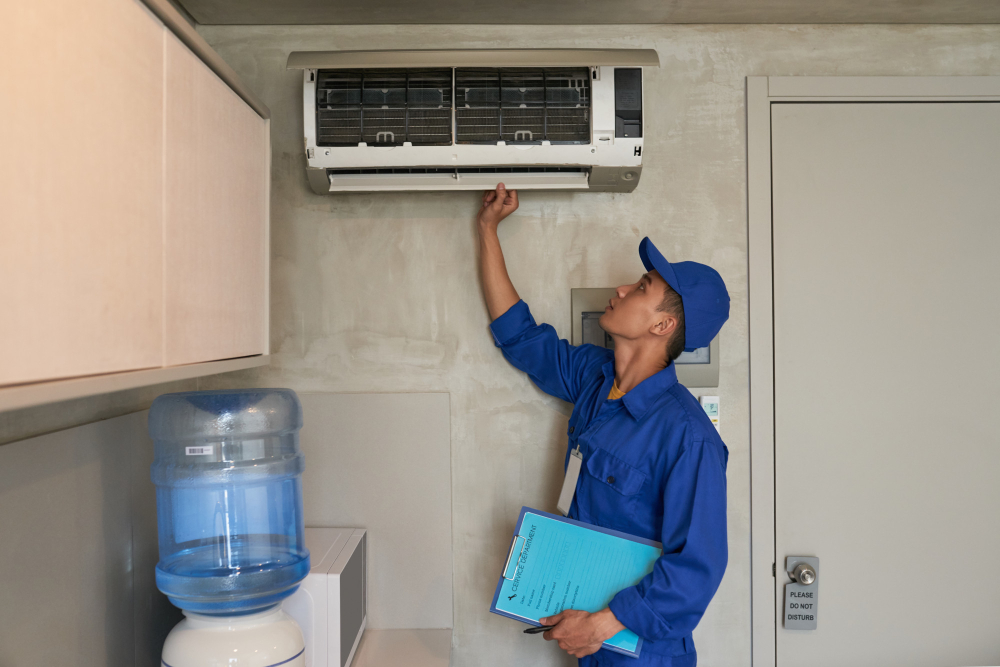
The best way to avoid an emergency HVAC situation is to keep the system in good shape. Replacing air filters every few months helps maintain airflow and efficiency. A clogged filter makes the system work harder, increasing energy use and the risk of a breakdown. Keeping outdoor units free of leaves, dirt, and debris improves efficiency, and checking for unusual noises or weak airflow can alert you to problems before they become serious.
Scheduling seasonal maintenance is also important. A Phoenixville heating and cooling company like Chester County Fuel Oil can inspect the system, clean components, and check refrigerant levels. These tune-ups help catch minor problems early, preventing expensive repairs later.
If your system has not been serviced in a while, scheduling a maintenance check with a reliable HVAC provider is smart.
Need Emergency HVAC Repair in Phoenixville? Here’s What to Do
Phoenixville heating and cooling emergencies can be stressful, especially in extreme weather. Calling a professional is the next step if basic troubleshooting does not fix the problem. Fast service helps prevent further damage and keeps your home comfortable.
When speaking with a technician, describe the issue clearly. Mention any strange noises, leaks, or error messages on the thermostat. This helps them diagnose the problem more quickly. Having the model number and maintenance history ready can also be helpful.
If you need reliable HVAC services to repair your Phoenixville heating and cooling systems, Chester County Fuel Oil is ready to help. Their team understands the urgency of emergency repairs and works quickly to restore comfort to your home. The company is known for being “First in Customer Satisfaction” and provides expert repairs with a commitment to quality service. Contact them today for your emergency or maintenance needs.

